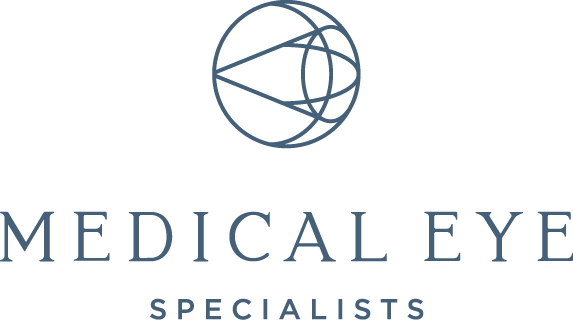Eye exams can be one of those wellness things people are unsure about. Does everyone need one? If so, how often? And what if you’re having vision or eye problems of some kind – when do you need to see an eye doctor?
Here are five reasons you might need an eye exam.
- It’s time for a baseline.
Even if your eyes are healthy and your vision seems good, it’s important to get baseline exams in your 20s and 30s. According to the American Academy of Ophthalmology, having one exam in your 20s and two in your 30s can detect any health problems—such as diabetes—that may need to be watched more carefully.
And if you have a family or personal history of high blood pressure or eye disease, you’re at higher risk of future eye troubles, but having proactive baseline exams helps ensure your vision will be protected.
Then, when you turn 40, it’s time for another complete eye exam. This is the age at which new vision problems start to show up.
- You need your prescription updated.
If your vision isn’t sharp, you probably wear eyeglasses or contact lenses.
Together, nearsightedness, farsightedness and astigmatism are called “refractive errors.” This simply means your eye size and shape aren’t perfect, causing blurry vision. According to the National Eye Institute, more than 150 million Americans have a refractive error of one kind or another. And the prevalence goes up as you get older.
An annual eye exam ensures that your prescription stays current and that your vision remains as clear and safe as possible. If you use contact lenses, the exam also determines if you’re wearing the right type of lenses and if your eyes may be experiencing damage by overuse or insufficient cleaning.
- You’re at risk for eye diseases.
Refractive errors affect the sharpness of your vision, but they don’t mean you have an eye disease. Yet there are also eye diseases that can compromise your vision. These include cataracts, diabetic retinopathy, glaucoma, macular degeneration and ocular melanoma. If you have a personal or family history of any eye disease, regular exams are essential to safeguarding your vision in the long run.
There are no obvious signs and symptoms for many eye diseases, especially in their early stages, so getting an eye exam is the only way to know if your eyes are healthy.
- You’re having symptoms.
If you’re having eye or vision symptoms of any kind, that’s a good reason to schedule an eye exam. These symptoms can include eye redness or pain, dry eye, discharge, unusual tearing, extra sensitivity to light, the feeling that something is in your eye, floaters, blurriness, double vision or loss of vision.
Of course, emergency eye symptoms merit a trip to the emergency room. These include acute eye injuries and sudden loss of vision.
- You’re not sure when you had your last eye exam.
Good vision is essential to so much in life, there’s no reason to take chances. If you can’t remember when you had your last comprehensive eye exam, it’s probably time to schedule one.
Plus, getting caught up on your eye exams gives you a chance to talk to an eye doctor about any questions you may have. For example, if you’re wondering if eyelash growth serums are safe, if you need blue light-blocking glasses, if LASIK is right for you, if you should be taking certain vitamins or supplements for your eye health, or if you have eye-related concerns of any kind, you’ll have time to talk to a medical professional with vision expertise you can trust.
Fortunately, Medical Eye Specialists is just a phone call away. We look forward to serving you. To schedule an appointment at any of our locations with any of our providers, please call 406-587-1245.
Comprehensive Eye Care
From routine eye care to medical and surgical eye treatment, our ophthalmologists and optometrists are focused on your vision and the health of your whole eye.




